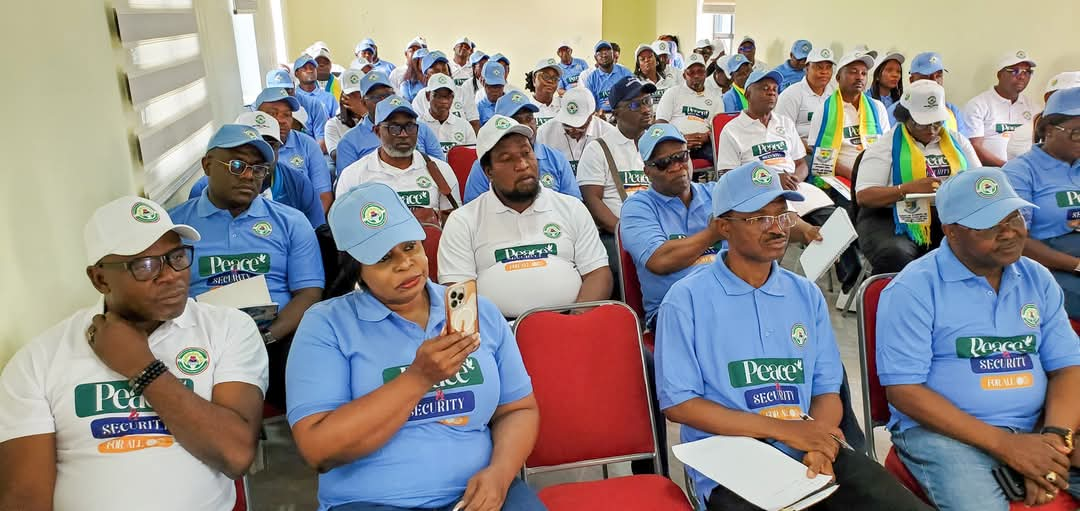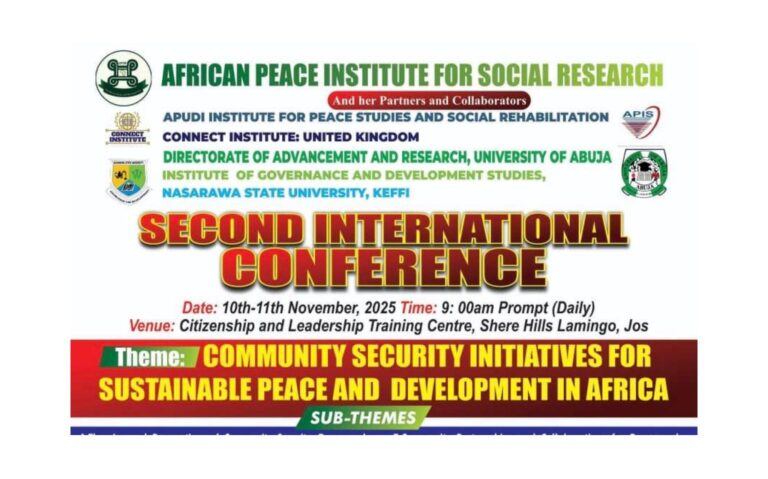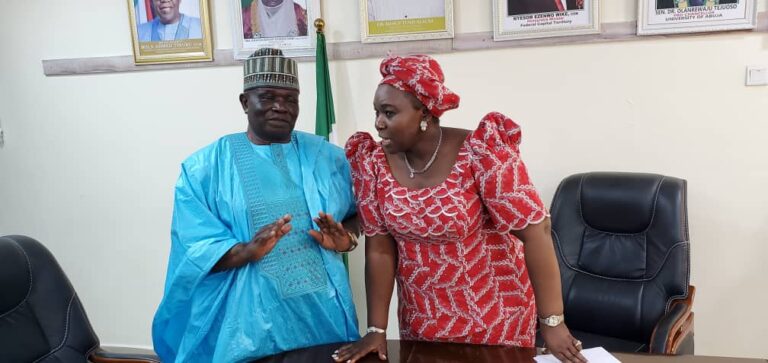Theme: Internal Security Management, Sustainable Peacebuilding, and National Integration: The Plateau State Experience
In a keynote address delivered during the local study tour programme of Nasarawa State University Keffi’s PhD students in Peace and Conflict Studies (Course 6) and Security and Strategic Studies (Course ![]() , Prof. Danladi Abok Atu, Director of the Apudi Institute for Peace Studies (APIS), provided an in-depth analysis of Plateau State’s long-standing security challenges and proposed pathways to sustainable peace.
, Prof. Danladi Abok Atu, Director of the Apudi Institute for Peace Studies (APIS), provided an in-depth analysis of Plateau State’s long-standing security challenges and proposed pathways to sustainable peace.
The address, titled “Internal Security Management, Sustainable Peacebuilding, and National Integration: The Plateau State Experience,” critically examined the recurring cycles of violence in Plateau State, particularly Jos, tracing their roots to structural inequalities, political exclusion, and competition over resources.
Plateau State—home to over 54 ethnic groups and both Christian and Muslim communities—has historically mirrored Nigeria’s ethnic and religious diversity. During the colonial period, Jos became a melting pot due to the tin mining industry, attracting migrants from across the country. However, this diversity has also become a fault line. From 1994 to 2025, the state has witnessed recurring violent conflicts driven by political representation disputes, land rights, and the persistent indigene-settler divide.
Key flashpoints in the state’s violent history include:
1994: Protests sparked by Hausa-Fulani political appointments.
2001–2010: Riots tied to local elections and the contentious issue of indigene certificates.
2017–2025: Worsening farmer-herder clashes and terror-style attacks resulting in mass displacement.
More than 4,000 lives have been lost since 2001, with entire communities devastated and social trust severely undermined.
Prof. Atu challenged the oversimplified “religious war” narrative, instead highlighting three major root causes:
1. Structural Inequality – Intense competition for land, jobs, and political power.
2. Indigene-Settler Divide – Long-settled Hausa-Fulani populations remain classified as “settlers.”
3. Weak Governance – Mismanaged elections, politicized traditional institutions, and delayed justice for victims.
He presented a series of strategic recommendations for resolving the crises:
Inclusive Governance: Reform exclusionary indigene policies and promote fair political representation.
Economic Equity: Invest in youth employment, vocational training, and equitable resource distribution.
Justice and Accountability: Strengthen legal institutions to ensure timely prosecution and justice.
Community Dialogue: Empower local peace mechanisms like the Plateau State Peace Building Agency (PPBA) to promote reconciliation and social cohesion.
“Plateau’s crisis is Nigeria’s crisis,” Prof. Atu asserted, urging the federal government to collaborate with state and local actors in addressing the systemic issues fueling insecurity. He referenced the 2004 Plateau Peace Conference as a valuable but incomplete model, noting that many grievances remain unresolved.
He also praised Plateau State’s proactive peacebuilding efforts, including the establishment of Operation Rainbow, a community-driven security framework that fosters collaboration between local communities and law enforcement agencies. He further lauded the role of the Plateau State Peace Building Agency, which has become central in addressing root causes of conflict through dialogue, reconciliation, and sustainable peace initiatives.
Prof. Atu concluded by stressing that the lessons from Plateau State’s experience offer a crucial blueprint for Nigeria’s broader challenge of managing diversity. As he aptly stated, “Sustainable peace demands dismantling systems that breed exclusion.”
Dafir Zughumnaan
Media Aide to
Prof. Danladi Abok Atu
APIS (Nigeria).


